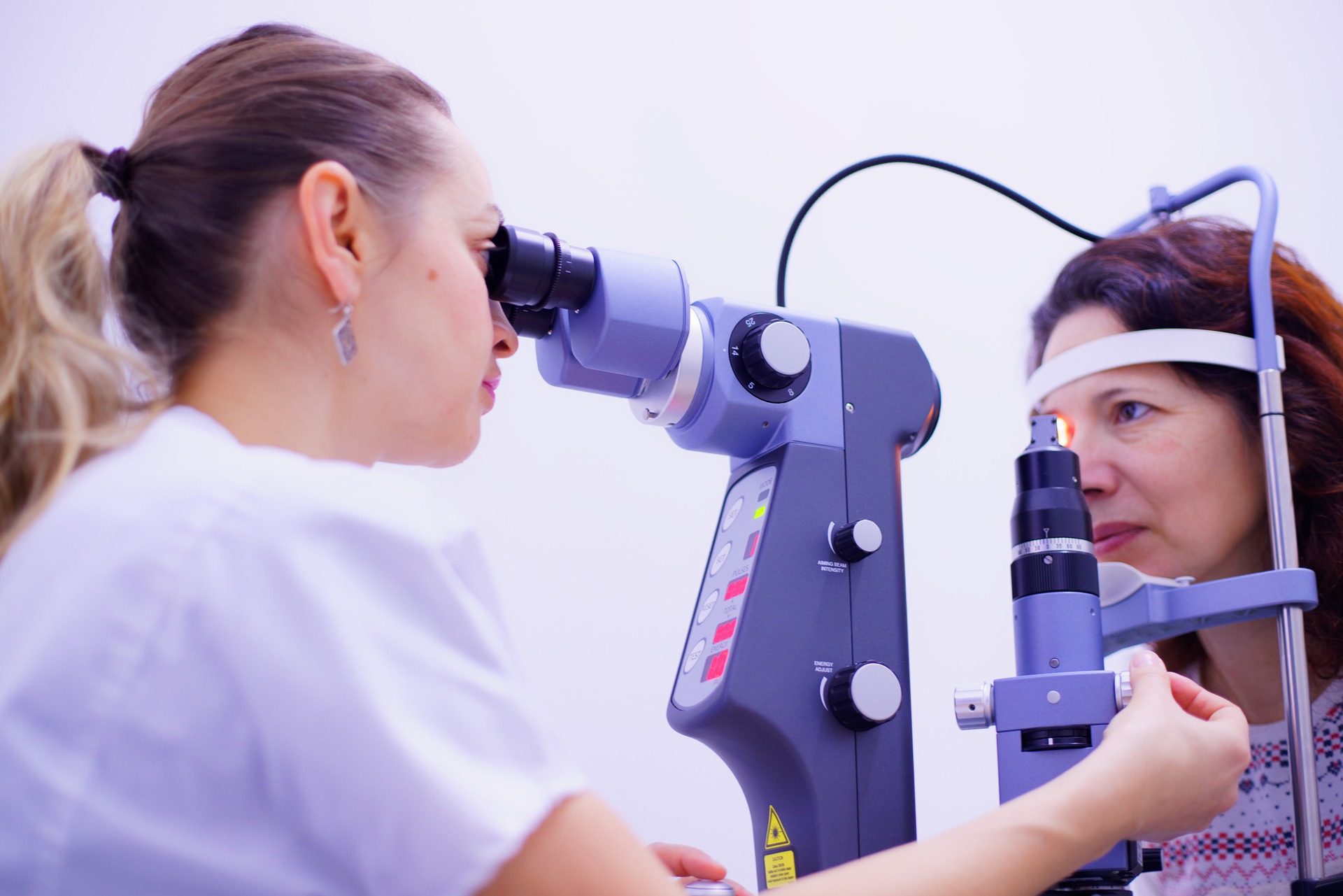Based on an article by ABC News, fifty per cent of Australians suffer from myopia, far-sightedness, and astigmatism. Although the majority wears prescription glasses or contact lenses, these are only short-term solutions that are inconvenient and would need regular maintenance. Of course, if you want to fully take in the wonderful sights that Sydney has to offer, such as the Darling Harbour, The Rocks, St. Mary’s Cathedral, as well as several beaches and art galleries, your eyes’ health must be in tip-top shape.
For one, regular check-ups are necessary to check if the prescription is still correct. Glasses restrict movement in sports. Wearing contact lenses causes eye infections.
A long-term solution is to have eye laser surgery in Sydney. However, since it is still considered surgery, many people are hesitant about going ahead.
This article will highlight three things that you should know before considering eye laser surgery.
There are Different Kinds of Laser Eye Surgery
For most types of eye laser surgery in Sydney, the prescription moves from your glasses to the cornea.
LASIK (laser-assisted in situ keratomileuses) is the most popular procedure. Using lasers that are guided by computers, cornea reshaping is done to correct myopia, far-sightedness, and astigmatism.
Another method is called ASLA (advanced surface laser ablation), also known as PRK (photorefractive keratectomy). Ophthalmologists recommend this option for patients with thin corneas or if it is not possible to perform LASIK surgery. The procedure involves the removal of the cornea’s surface cells using a softening solution. This will be done directly on the front surface of the eye.
The third is ICL (implantable Collamer lens), which involves implantation of a thin yet clear lens, similar to a contact lens. This is the recommended approach for patients with a high prescription and for those whose corneas are not thick enough for LASIK or ASLA operations.
Other options are SMILE (small incision lenticule extraction) and LASEK (laser-assisted subepithelial keratomileusis). SMILE, which is suitable for myopia patients, is considered less invasive than LASIK or PRK. LASEK, on the other hand, was developed for people whose corneas are unsuitable for LASIK.
Therefore, the choice will depend upon the condition of your cornea. Only licensed ophthalmologists in Sydney can adequately assess your case.
Share Personal Data with Your Ophthalmologist
Eye laser surgery in Sydney is not suitable for everyone.
First, the patient should be at least twenty years old. People above 40 who are nearing blindness should not undergo laser surgery.
Recently, more children are progressing towards myopic conditions, based on the Sydney Myopia Study. Professor Kathryn Rose of the University of Technology Sydney advises parents to allow their children to spend more time outdoors instead of being glued to their tablets and smartphones. If their condition progresses to myopia, they will have to wait until they are twenty before they can have eye laser surgery.
Secondly, the prescription in glasses should be stable. However, those with very high refractive errors should not undergo laser surgery.
Third, there is a higher risk for people with diabetes, rheumatism, and other diseases related to the immune system. If there is a family history of keratoconus (KC), a condition wherein there is progressive corneal thinning, eye laser surgery could potentially cause scarring.
Fourth, you need to undergo preoperative testing to check if you have a very thin or abnormally-shaped cornea.
Eye Laser Surgery Can Fix Vision Problems
In most cases, the corrected refraction is permanent. Patients enjoy perfect vision for a few more years.
However, ageing causes the natural deterioration of major organs, including the eyes. For instance, upon reaching 40, most people have difficulty reading small text. This condition is called presbyopia, also fixed by LASIK, PRK, or ICL eye surgeries.
Eye laser surgery in Sydney, considered as an elective procedure, is not covered by Medicare. However, private health insurance will pay for the operation, depending on your coverage. Therefore, make the necessary inquiries before going ahead with the procedure.






